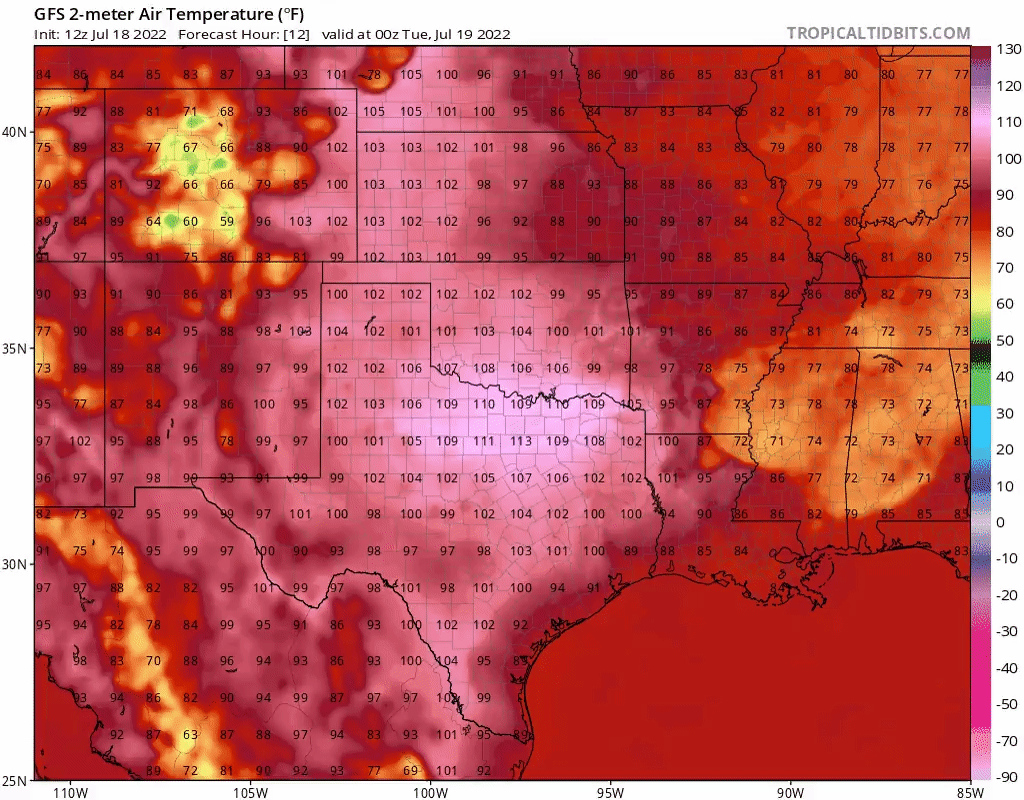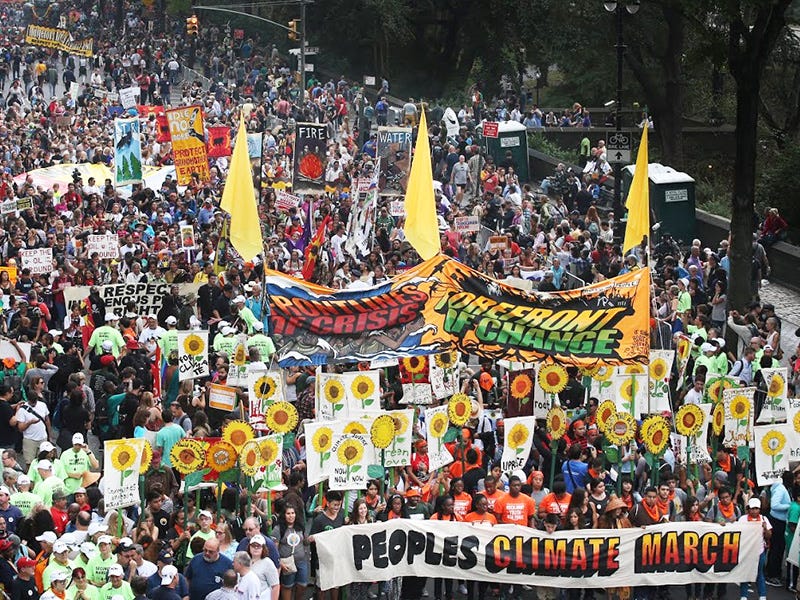Destabilized Saturday Edition #27
The brittleness bubble popping in Louisiana, climate change's hole-in-the-ozone-layer problem, Trump's henchmen are plotting, "correctile dysfunction"
Programming note: by reader request, the Saturday Edition is getting a new back-of-book section called “Joy, Progress, and Hope.” It will be ecumenical and aim to focus our attention on the good things happening amid destabilization. It may include puppy pics.
I want to share an idea that’s been rolling around in my head for a while, and came back up this week because of a troll-y tweet from right-wing political personality Matt Walsh:

What actually happened with the hole in the ozone layer is there was a significant international effort, culminating the Montreal Protocol in 1987, to identify and phase out the chemicals that turned out to be the primary cause of the problem.
But I do suspect a lot of normal people have some version of the mental model Walsh is inadvertently illustrating here. Most people aren’t news junkies, after all, and in the hustle of daily life they absorb only the broad strokes of current events. Over time, as those broad strokes follow consistent patterns, they harden into a mental model where crises, disasters, and political issues emerge and fade away in a cycle that goes like this:
Political elites tell us about and debate a new serious problem.
Commentary about it goes on for some time, actions are taken, and then it fades away.
In the end, the world seems basically the same as it was before the problem came along.
My guess is this generally matches most people’s experience of a broad range of crises including: the Ethiopian famine, acid rain, the crack epidemic, the Rwandan genocide, the war in the Balkans, SARS, the Iraq War, the European debt crisis, Russia seizing Crimea, Brexit, and many more, including the hole in the ozone layer.
These were all events and issues in my lifetime that were in headlines and newscasts for a while, steps were taken, and then they eventually faded from view. In reality, of course, these crises directly and profoundly impacted countless lives. But the fact that the perceived arc isn’t the real story doesn’t make the resulting mental model any less powerful in shaping how people think.
This is relevant because arguably the single biggest problem in the world today is too many people don’t understand how climate change is different than other problems (the topic I wrote about this week). Without that understanding it’s hard to generate the urgency needed to make changes of the scope and scale the problem requires. As just one data point, below are the responses Americans gave when Gallup asked what the country’s most important problem is. Climate change garners a mere 2 percent, and that’s only when it’s grouped with “pollution” and “environment.”

Smart people have been trying to change perceptions for decades. They’ve had some success but not enough. I don’t have any answers, but my hunch is the mental model about how political issues come and go functions like a kind of shield, blocking the widespread change in consciousness we need by categorizing climate change using a mental model that tells people they don’t need to focus on it and everything will be fine in the end, just like it always has been before.
Just as the Rebel Alliance had to knock out the Death Star’s deflector shield before they could attack the battle station, we may need to target this misleading mental model directly before a critical mass of people will be able to recognize what a wicked problem climate change is, and why we need to prioritize it.
My Work
The climate rebellion is coming
We’ve understood global warming for at least 50 years, and in that time while activists have sought change through traditional channels it has metastasized into the greatest crisis in human history. People don’t want to suffer because of climate change, and they don’t want their kids or grandkids to suffer. More than ever, people paying attention are likely to feel the need to do something to stop global warming. At the same time, normal democratic processes continue to resist meaningful action, and hope that this may change is at a low ebb.
Interesting Reads
A radical plan for Trump’s second term
Former President Trump’s top allies are preparing to radically reshape the federal government if he is re-elected, purging potentially thousands of civil servants and filling career posts with loyalists to him and his "America First” ideology, people involved in the discussions tell Axios.
The impact could go well beyond typical conservative targets such as the Environmental Protection Agency and the Internal Revenue Service. Trump allies are working on plans that would potentially strip layers at the Justice Department — including the FBI, and reaching into national security, intelligence, the State Department and the Pentagon.
Tweets of the Week





Extreme Weather Watch



Creeping Authoritarianism Watch




Joy, Progress, and Hope




(This is hopeful to me because of his realization and change in awareness.)









